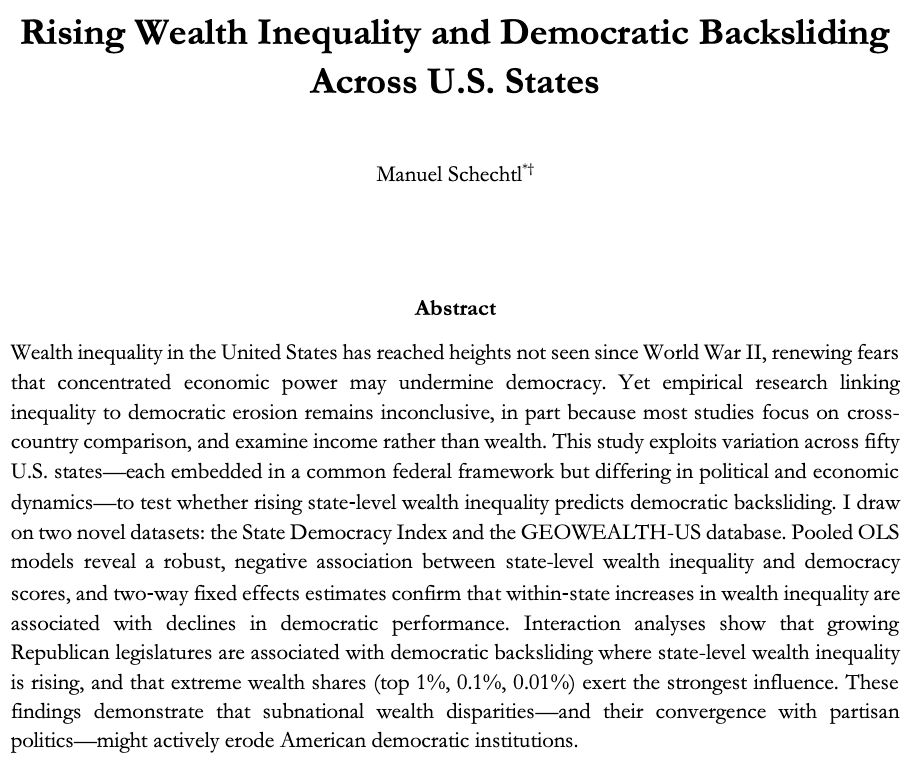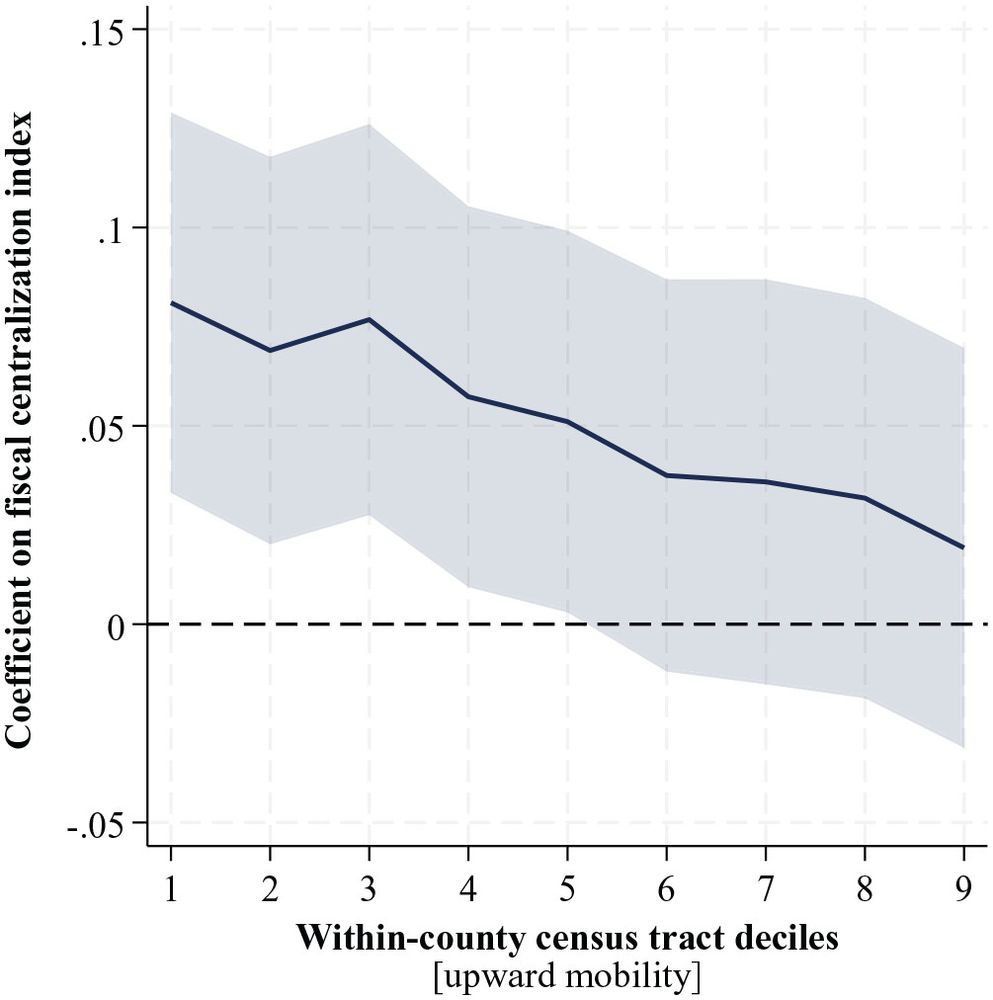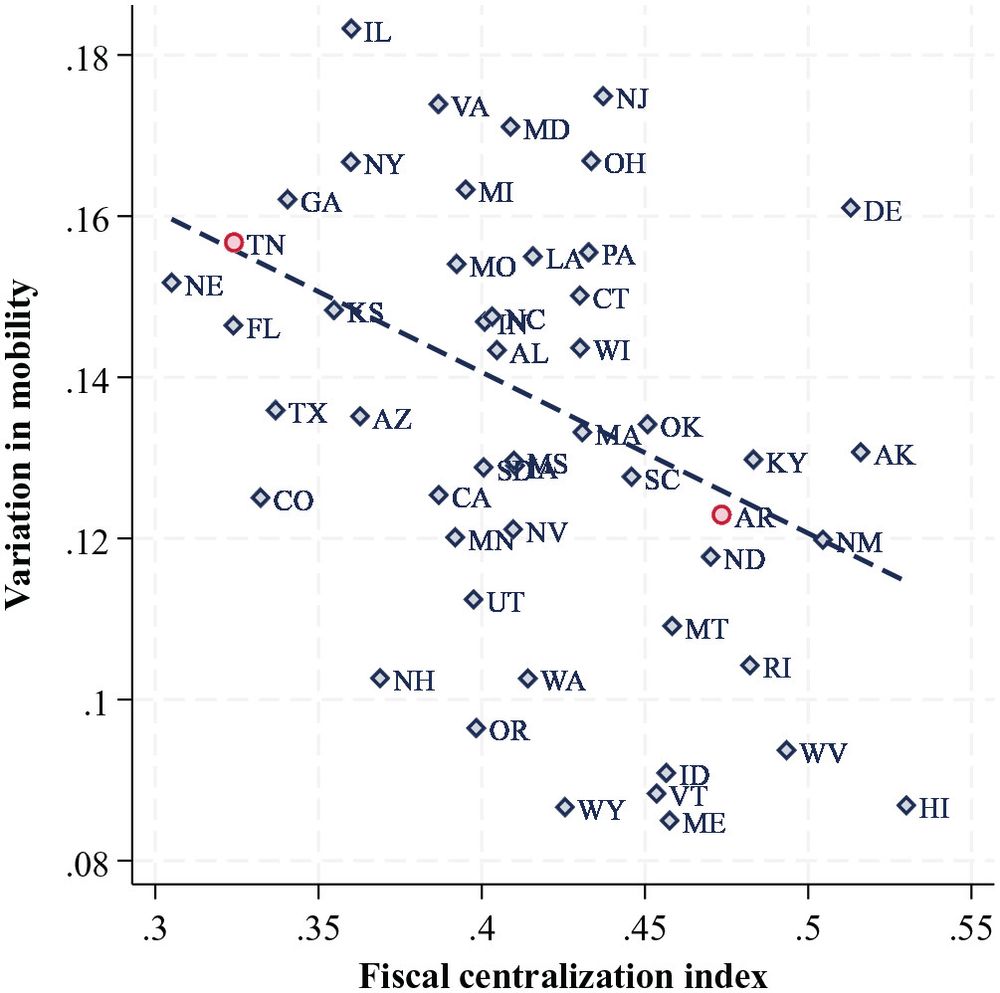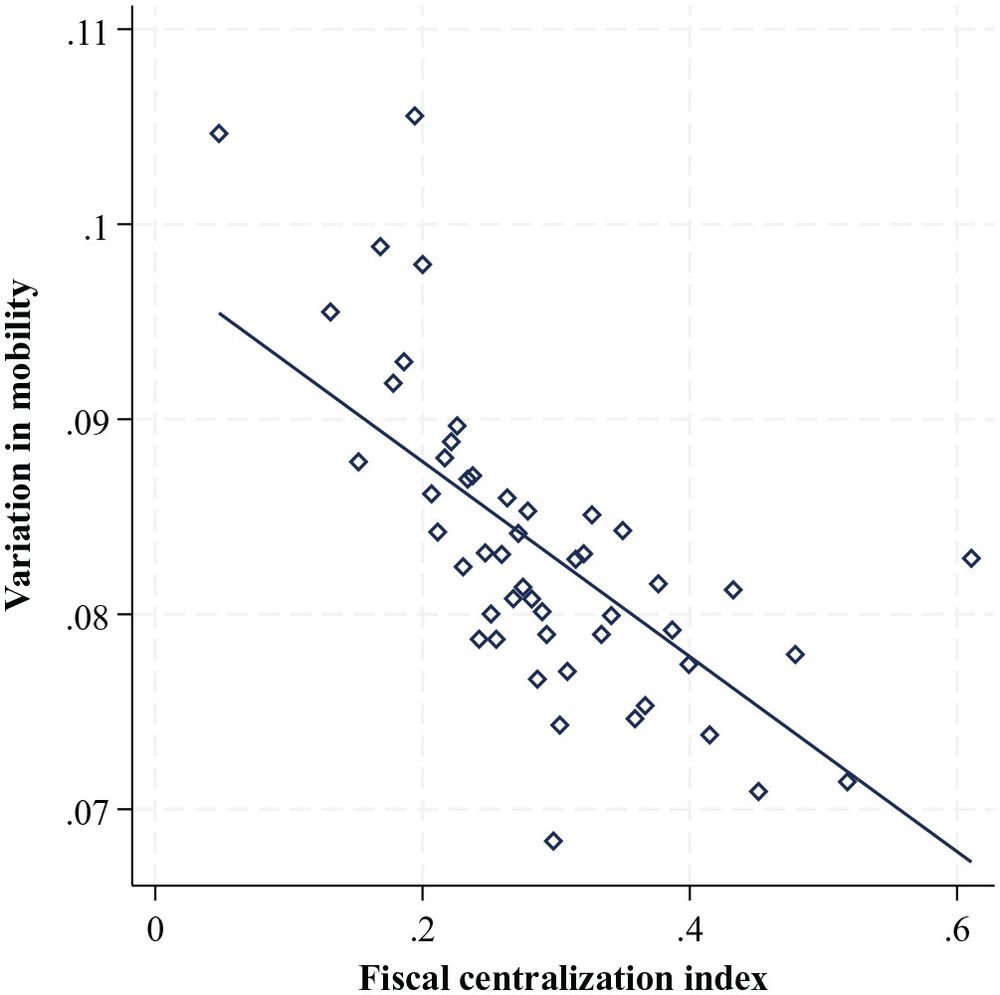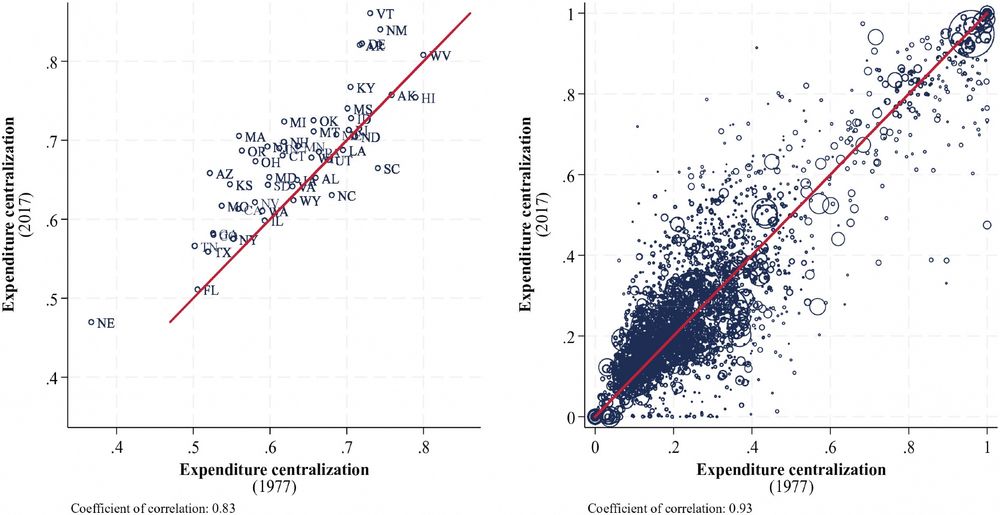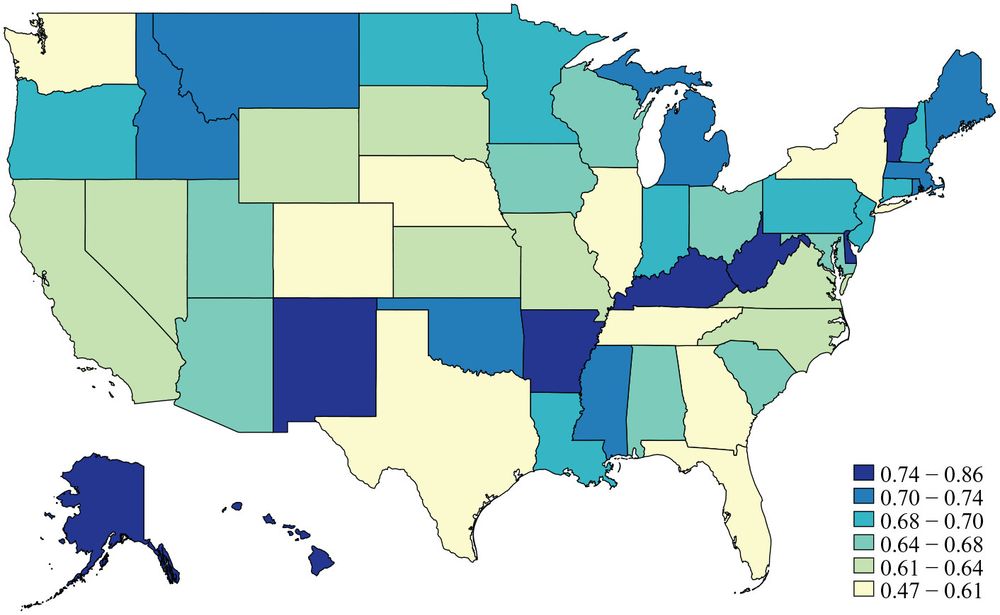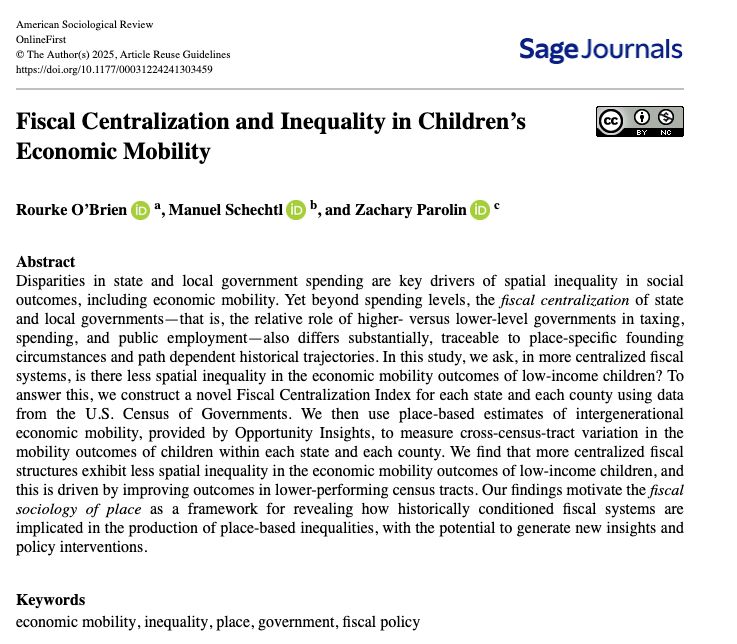Rourke O’Brien
@rourkeobrien.bsky.social
3K followers
1.3K following
23 posts
Associate Prof of Sociology @ Yale
public finance, economic mobility, household finance, health, demography, public policy
Posts
Media
Videos
Starter Packs
Reposted by Rourke O’Brien
Reposted by Rourke O’Brien
Reposted by Rourke O’Brien
Jenn Dowd
@drjenndowd.bsky.social
· Jan 21
Rourke O’Brien
@rourkeobrien.bsky.social
· Jan 14
Reposted by Rourke O’Brien
Janet Gornick
@janetgornick.bsky.social
· Jan 13
Rourke O’Brien
@rourkeobrien.bsky.social
· Jan 10

